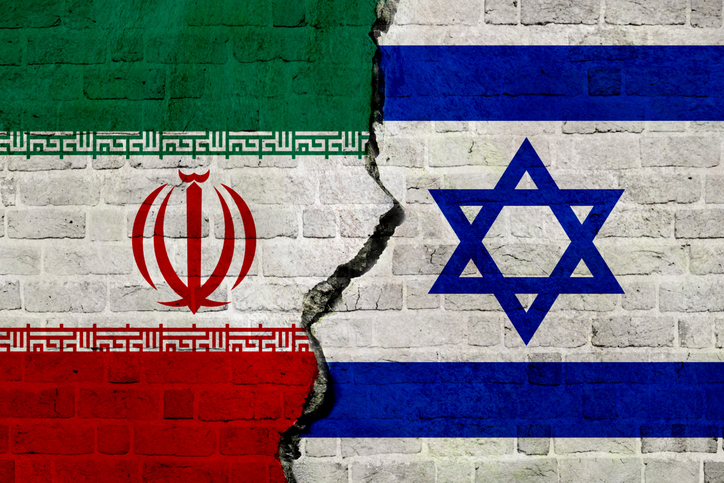As the war between Israel and Iran enters its eighth day, European foreign ministers are meeting with Iranian officials in Geneva in a last-ditch effort to de-escalate tensions that have already begun to rattle global energy markets and regional stability. The E3 bloc—comprising France, Britain, and Germany—has resumed high-level negotiations with Iran, amid what diplomats are calling the most dangerous security crisis in the region in over a decade.
Iranian Foreign Minister Abbas Araqchi, addressing the United Nations in Geneva ahead of the talks, strongly condemned Israel’s recent missile attacks on Iranian nuclear facilities. He labeled the strikes as “serious war crimes” and “an act of betrayal of diplomacy,” revealing that Iran had been on the verge of finalizing a nuclear agreement with the United States, originally scheduled for June 15. According to Araqchi, the Israeli raids derailed what he described as a “very promising agreement,” and he categorically ruled out any further nuclear discussions with Washington while Israeli attacks continue.
“There is no room for negotiations under the shadow of missiles,” Araqchi declared, asserting that Iran will not return to the table unless Israeli aggression ceases.
The latest surge in violence began when Iran launched missile strikes into northern, central, and southern Israel, including the port city of Haifa, early Friday morning. The attacks triggered air raid sirens across Israel, prompting widespread panic and sending civilians into bomb shelters. In retaliation, Israeli forces carried out overnight airstrikes on multiple Iranian military installations, including missile production centers and a nuclear warhead development site in Tehran.
The conflict has rapidly expanded beyond a military confrontation. In Qatar, emergency meetings are being held with major energy companies after Israeli strikes targeted the South Pars/North Dome gas field—the largest known natural gas reserve, jointly shared by Iran and Qatar. The attacks have raised serious alarms over the stability of regional energy infrastructure, with global oil markets on edge over the possibility of further disruption to Gulf energy supplies.
Qatar now finds itself in a precarious diplomatic position. While it maintains a close strategic partnership with the United States, it also shares vital economic interests with Iran. Balancing these competing pressures will be critical as tensions continue to escalate.
International responses remain cautious but increasingly urgent. The United States has bolstered its military presence in the region, describing the move as a precautionary measure. A third U.S. Navy destroyer has entered the eastern Mediterranean, and the USS Nimitz carrier strike group is en route to the Arabian Sea.
Russia has issued a stark warning, stating it would respond “very negatively” if Israel—particularly with U.S. support—attempts any strike against Iran’s supreme leader.
Inside Iran, mass protests have erupted in Tehran and other cities. Thousands of demonstrators have taken to the streets, condemning Israeli actions and carrying portraits of Iranian commanders killed in the fighting. The protests reflect mounting domestic pressure on Iranian leadership to respond decisively to Israeli attacks.
The renewed European diplomatic push comes amid growing concern that the conflict could spiral further out of control. The E3 foreign ministers are urging Iran to return to the negotiating table, emphasizing that diplomacy remains the only viable path to de-escalation. However, with both sides entrenched in their positions, the window for diplomatic resolution is narrowing rapidly.
The timing of the Geneva talks is also shaped by a two-week deadline set by former U.S. President Donald Trump, who remains a key political figure and has called for immediate diplomatic movement or face potential military escalation.
With war threatening to destabilize not only the wider West Asian region but also international energy markets, the outcome of the current diplomatic effort may prove critical for global stability.










